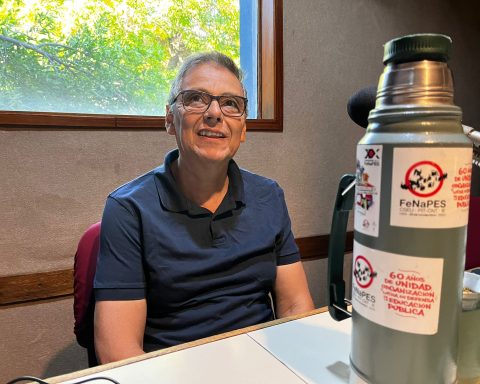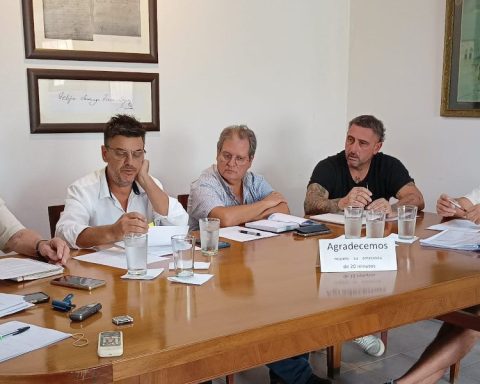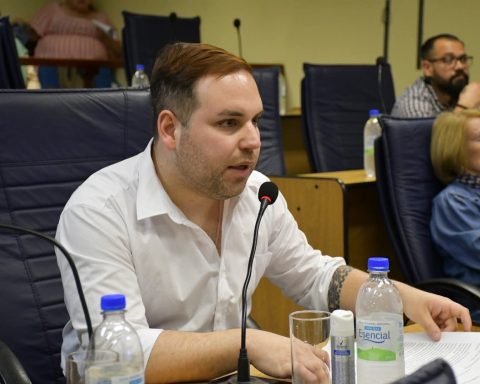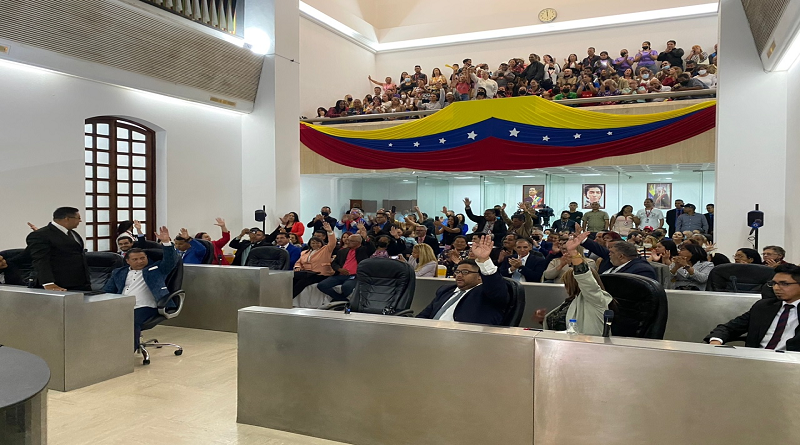
The water crisis that affects the country is increasingly critical, with crops being affected and the production of fruits and vegetables decreasing. Due to the lack of water, the harvests will be of smaller fruits and vegetables and in smaller quantities, and the producers will see their profits diminished. For this reason, they ask the government for help not only in the search for solutions to the water issue but also economically, with temporary tax reductions, delays in the payment of worker-employer obligations and more.
Dairy farmers are among the most affected, as the lack of water is affecting the animals and also milk production. The Association of Dairy Producers of Uruguay has requested an urgent meeting with the government to discuss the crisis and seek solutions. In a statement, the union warned that “we are in an extraordinarily serious situation, at the entrance of the most important birthing season in Uruguay and that defines the potential of milk production throughout the year.”
Lack of water is also affecting milk production in a significant way, as animals need water to produce milk and also to stay in good health. If not enough water is received, the animals may suffer from health problems and milk production may decrease.
The Association of Dairy Producers has requested measures to cope with the critical situation, including financial support and the possibility of readjusting terms and maturities of current credits. They have also asked for instances of work with CONAPROLE, PROLESA and PROLECO to implement financial mechanisms that allow the purchase of rations, seeds, inputs and eventually bales or silos.
The drought affects not only producers, but also all those who make up the dairy chain and the country in general, since the dairy sector is one of Uruguay’s main exporters. The Association of Dairy Producers hopes to have the necessary support to strengthen a sector that works and contributes to the development of the country and its people.
It is vital that the government take urgent action to address the water crisis and help producers maintain their harvests and production. Without a quick solution, the crisis can have a devastating impact on the country’s economy and the lives of people who depend on agriculture and livestock.
















